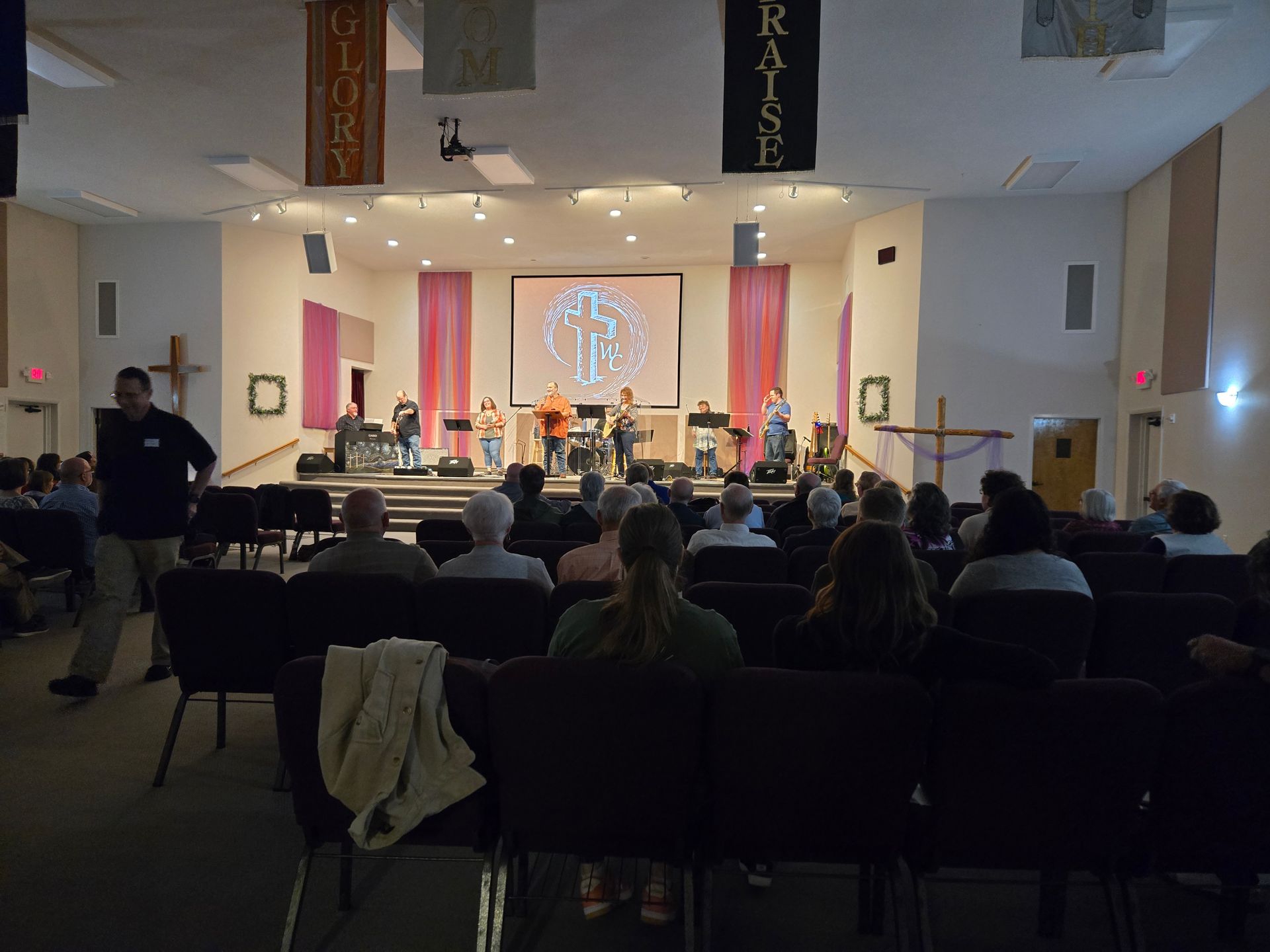When Christians Can't Agree
The recent news that the United Methodist Church has tentatively laid out a plan to split into two denominations - one traditional and one progressive - highlights the reality that there are times when Christians can’t agree. In this case, the United Methodists do not agree on LBGTQ ordination and marriage. After years of trying to come to some agreement, this proposal acknowledges the truth that agreement was not going to happen.
As I read this, I was saddened. I grew up in a United Methodist Church. I came to know Jesus in my local Methodist church, and it was in this church where I first sensed my call into pastoral ministry. To see the United Methodist Church come to this point is not only sad but discouraging. However, as hard as this is, I believe it speaks to the reality that many Christians don’t always see or want to admit, I included.
Christians do not always agree with each other
Yes, it’s true. Christians don’t always agree and get along. There are differences. Not only does the presence of denominations speak to this truth, but so does the Bible. In the book of Acts, we read that Paul and Barnabas disagreed on taking John Mark with them on their Second Missionary Journey. While Barnabas advocated taking Mark, Paul strongly opposed it. Whether it is a difference in doctrine, ministry, strategy, or even personality, Christians don’t always agree on every issue.
Christians may not always resolve their differences
It is hard enough to admit we don’t always agree but it may be even harder to admit that some differences can’t be resolved. This was the case with Paul and Barnabas. They could not agree, and they could not come to a resolution that involved them going together on their missionary journey.
Trying to force continued debate and discussions on unresolvable issues can lead to deeper divisions and the permanent fracturing of relationships. This seemed to be what the United Methodist Church realized. After years of debates and votes, the topic of LBGTQ was not any closer to a resolution and, worse, was beginning to permanently damage relationships within the denomination. A different approach needed to be taken, and this approach was to admit that this difference could not be resolved. They could not remain together and instead are proposing to intentionally separate the denomination into two.
And yet, Christ is still glorified
While separating is painful and hard, Jesus Christ continues to work in the midst of brokenness to further his kingdom. Paul and Barnabas could not agree. However, instead of neither of them going on the journey, they both traveled to separate places with Paul taking Luke and Barnabas taking Mark. As a result, the Gospel was shared in even more places than if they had stayed together. As hard as unresolvable differences are, the good news is that they don’t have to be permanent. Eventually, Mark and Paul reconcile and travel together- and the Gospel continued to be shared and lives changed. This is why I have hope and why I believe we all can have hope.










